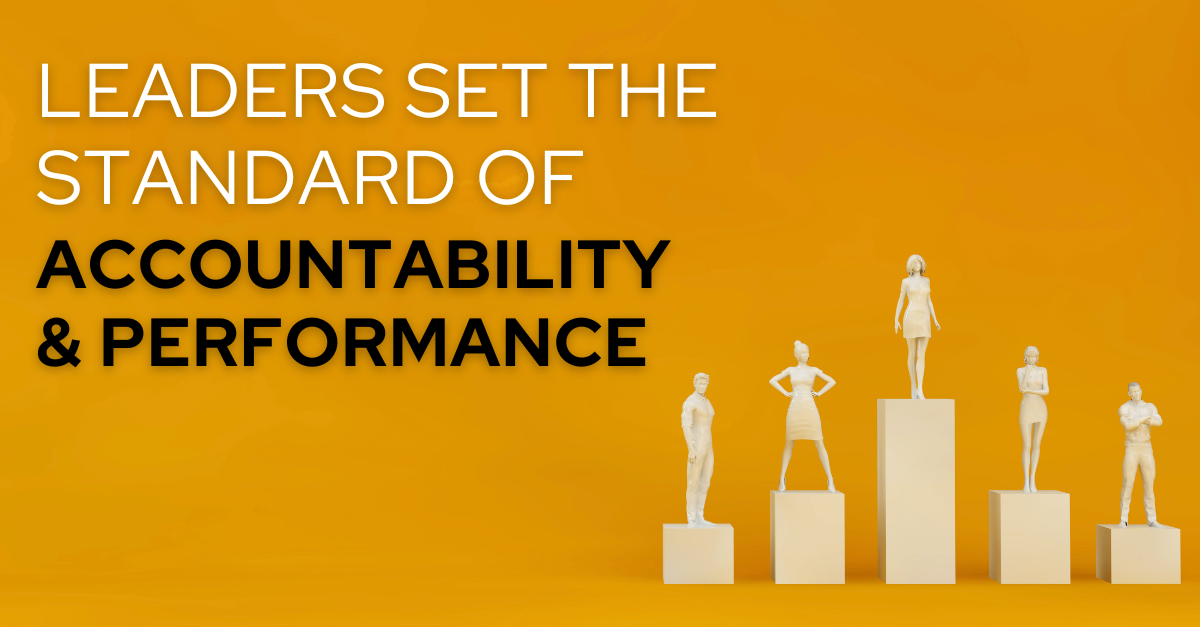Have you ever heard someone in a leadership position flat-out admit that they thought they were not a good leader? I haven’t. That’s because only 2% would actually admit it. A poll that surveyed a million people revealed that 70% of them thought that they were above average in leadership ability. What’s even more telling is that only 2% of them thought that they were below average. That means that 98% of those surveyed believed that they were either average or above average leaders (1). Additional studies have yielded comparable results (2).
What these studies have confirmed is that just about everyone thinks they are better than they really are across a broad range of attributes, including leadership ability. This universal tendency is commonly referred to as “self-enhancement bias”. In an attempt to preserve our self-esteem, we are naturally wired to attribute negative information about ourselves to external factors (3). We also tend to remember more flattering things about ourselves and forget the unflattering things (4). Consequently we believe that we are better than we really are.
Research has shown that employee engagement (morale, motivation, emotional connection to the organization) is influenced primarily by the employee’s direct supervisor (5) and polls show that approximately 87% of the global workforce is not engaged (6). Conclusion: there are very few truly effective leaders in the business world.
We all have a blind spot when it comes to our performance as a leader. Even effective leaders have blind spots. In particular, we are all blind, to some degree, to the things we do that demotivate the people we lead. That is the single biggest obstacle that people face when trying to improve their performance as a leader. You can’t fix what you don’t know is broken. Before we can become better leaders we must first correct our vision so that we can see what else needs to be improved. For example, leadership authors Stephen Covey and Jim Collins write about the dangers of allowing one’s ego to drive their decision-making. Many readers will instinctively think derisively of the politically-minded brownnoser in their workplace but fail to recognize that any unkind words they may have said about this political co-worker were actually motivated by their own bruised ego. Another example is a senior executive who gets visibly upset when an underling interrupts him, but who routinely cuts subordinates off in mid-sentence when he doesn’t agree with what they are saying. Another is the CFO who demands people be on time for his meetings but spends most of the meeting signing cheques while one of his subordinates is trying to pitch an idea to him. People generally don’t notice that they exhibit variations of the same behaviours that they find unacceptable in others.
It’s easy to point to examples of the other guy’s poor leadership behaviours but oh so hard to see our own. Most people only catch a glimpse of what they need to do to become a better leader because they don’t realize their vision is impaired. This principle was highlighted in a study that revealed that senior-level managers are actually less self-aware than lower-level employees (7). The higher people climb up the management hierarchy, the less aware they become of their own weaknesses. The study provides two explanations for this – both related to a lack of feedback.
- The higher a person is within an organization, the fewer people there are above them in the organization to provide performance feedback.
- People are not likely to give candid feedback to their superiors that is less than flattering, even when it is solicited.
There are several more reasons why senior-level managers are insulated from feedback and consequently less self-aware. I will explore these in later posts.
Just like we need to use a mirror to find and remove an irritating object in our eye, we need an equivalent ‘mirror’ of unfiltered feedback from our subordinates to see our own leadership deficiencies clearly. Trying to improve your leadership ability without first seeking unfiltered feedback is a lot like trying to get something out of your eye without using a mirror – it’s an unnecessarily long procedure with a very low success rate, and it can do more harm than good. Leaders who blindly poke around grasping at various ideas about improving their leadership ability can unintentionally breed resentment among their subordinates. They begin saying things like “Oh great, the boss obviously just read another book about ‘big hairy goals’. Wouldn’t it be nice if he would read a book that would convince him to be a little less arrogant?” Leaders need to understand that their staff are already talking about their weaknesses – they might as well get in on the conversation!
The best way to receive unfiltered feedback is through regular, anonymous, employee engagement surveys. 360 degree evaluations are good, but they usually only include feedback from a sample of the leaders subordinates, peers and superiors. Engagement surveys tell the real story of how an organization’s employees are reacting to the behaviours of its leader. And remember, employee engagement is a direct reflection of leadership effectiveness.
One last thing. Leaders who receive high marks on engagement surveys shouldn’t be lulled into complacency. Sustainable, effective leadership is closely tied to the desire for self-improvement; i.e. seeking out one’s blind spots and working to address them.
_______________________________________________________________________________________
I am interested to hear about your experiences with employee engagement surveys you have used.





